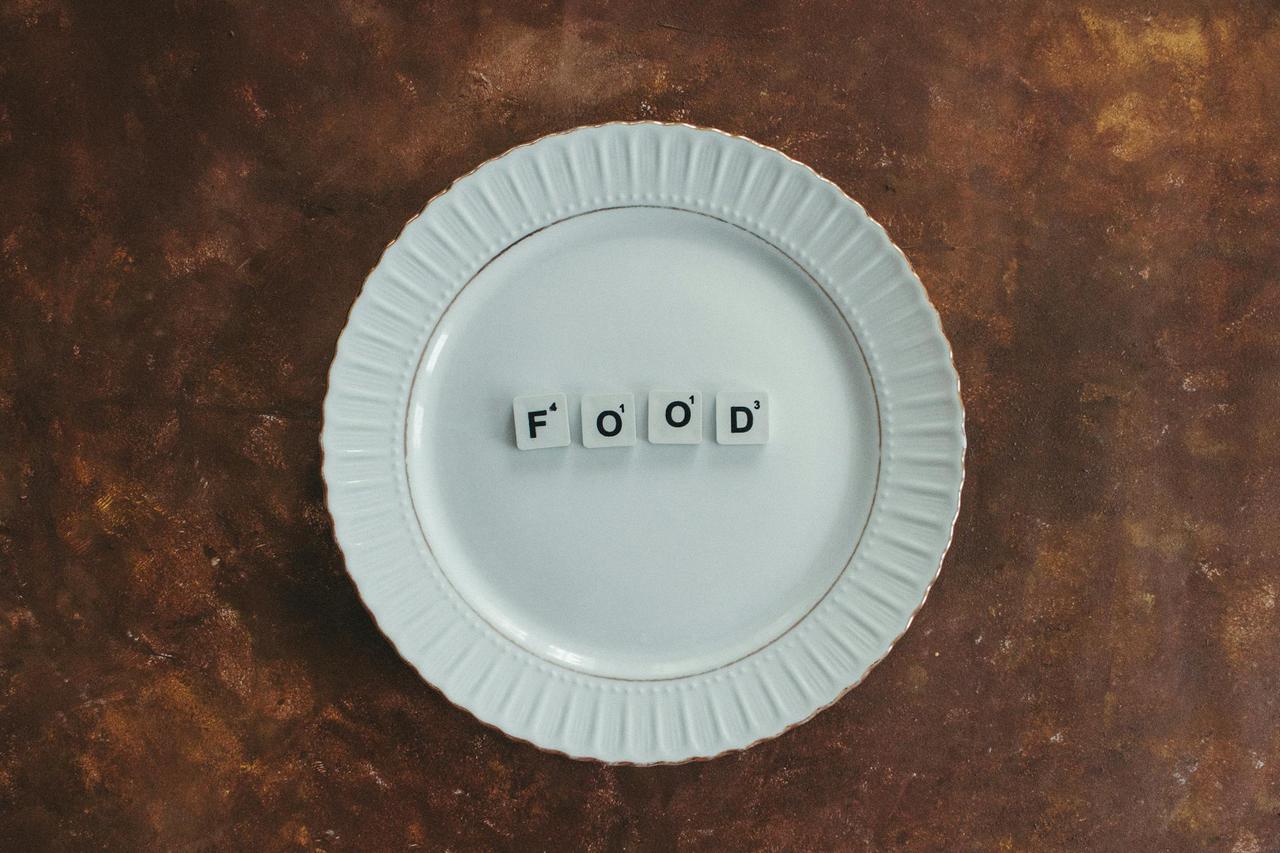Insights & support
-
Combining faith-based christian counseling with evidence-based therapy
Faith and Therapy- Finding Balance:
When it comes to healing, you don’t have to choose between therapy and your faith. As a Licensed Psychotherapist and Christian therapist, I believe the most powerful approach is bringing the two together.
Evidence-based therapies like CBT (Cognitive Behavioral Therapy) and ACT (Acceptance and Commitment Therapy) provide practical tools to manage anxiety, depression, trauma, and relationship struggles. These methods are backed by research and help you reframe negative thoughts, set boundaries, and build healthier coping skills.
At the same time, faith-based counseling invites God’s truth, encouragement, and hope into the process. For many women, Scripture and prayer provide strength and meaning that therapy alone can’t.
By combining both, you get the best of science and faith—a holistic approach that cares for your mind, body, and spirit. You can learn the tools to manage life’s challenges while staying grounded in your identity in Christ.
-
Perfectionism: breaking free from the pressure to be “Enough”
Perfectionism can feel like an unyielding weight, pushing you to meet impossibly high standards and leaving you drained and dissatisfied. The relentless pursuit of being “enough” can color every aspect of your life, from your career to your relationships. By understanding the roots of perfectionism, you can begin to unravel the tangled web of self-doubt and external expectations that fuel this pressure. This blog post delves into the topic of Perfectionism: Breaking Free from the Pressure to Be ‘Enough’, guiding you through the essential steps needed to shift your mindset and embrace a fuller, more authentic experience.
-
High-functioning anxiety: the struggle behind the smile
In this blog post, we will explore the often-overlooked realm of high-functioning anxiety, shedding light on its distinctive traits and how it subtly impacts daily life, from work performance to personal relationships.
-
Navigating life's changes: embracing transitions in therapyTransitioning through different phases of life can often feel overwhelming, but therapy plays a vital role in helping individuals navigate these changes with resilience and confidence. In this blog post, we will explore how therapeutic support empowers you to embrace life's transitions, providing tools to cope with challenges and fostering emotional growth. Discover the peace of mind that comes from understanding your feelings during times of change and learn how a skilled psychotherapist can enhance your journey toward a more fulfilling and adaptive life. With the right guidance, you can turn upheaval into opportunity, making the most of every transition along the way.
-
Understanding anxiety: from my perspective as a therapistIn this insightful blog post, we delve into the often-overlooked realities of anxiety as a prevalent experience that many face in their daily lives. We explore the subtle signs that may indicate underlying anxiety, allowing you to better recognize its presence in yourself and others. Most importantly, we highlight the power of compassion and support in fostering healing and growth, encouraging a journey towards understanding and managing anxiety with kindness and care. Join us in discovering how to transform anxiety from a burden into a pathway for personal development and resilience.
-
Eating disorders vs. disordered eating: understanding the difference
Eating Disorders vs. Disordered Eating
While eating disorders are diagnosable mental health conditions, disordered eating refers to unhealthy food and body behaviors that may not meet clinical criteria but still impact emotional and physical health. In this post, I break down the difference between the two, why it matters, and how both deserve attention and care. Whether you’re struggling with rigid food rules, guilt after eating, or a diagnosed eating disorder, healing and freedom are possible. -
Understanding attachment issues: why they matter in relationships
In the blog post "Understanding Attachment Issues: Why They Matter in Relationships," we delve into the intricate world of attachment styles and their profound influence on our connections with others. We begin by exploring common attachment patterns, examining how they shape the dynamics of relationships, from the secure to the anxious and avoidant styles. Next, we highlight the ways attachment issues can surface in daily life, affecting communication and emotional intimacy. Finally, we provide practical steps for healing attachment wounds, empowering readers to cultivate secure connections and enhance their relational well-being. Join us in understanding the impact of our attachment styles and discover pathways to healthier, more fulfilling relationships.
-
Navigating an Eating disorderIn this blog post, we delve into the complex world of eating disorders, shedding light on the importance of breaking the stigma that surrounds these challenging conditions. Understanding eating disorders is crucial for fostering compassion and empathy, not only towards those affected but also within our communities. We will explore the signs and symptoms that can help individuals recognize when they or their loved ones may need support, emphasizing that acknowledging these challenges is a vital first step. Finally, we will discuss the transformative journey towards healing and recovery, highlighting the vital role of seeking help, and reassuring readers that with the right support and guidance, a healthier, more fulfilling life is attainable.
-
Grief- Losing a loved oneGrieving the loss of a loved one is an incredibly personal journey that can evoke a profound mix of emotions. Understanding this journey is crucial, as each person's experience of grief is unique and can manifest in various ways. To navigate this difficult time, it’s essential to explore healthy coping mechanisms, such as engaging in self-care activities, expressing emotions through writing or art, and allowing oneself to feel the pain without judgment. Additionally, seeking support from friends, family, or professional therapists can provide invaluable comfort and guidance. In this blog post, we will delve deeper into the complexities of grief, offer practical strategies for coping, and highlight the importance of community and connection during this challenging process.
-
Daily practices that keep me grounded as a therapist
Taking care of my own mental health allows me to show up fully for my clients, my family, and myself. Here are ten simple practices I lean on every day.
-
Seasonal depression:
when the seasons affect your moodAs the seasons change, many individuals may find their mental health affected by the shift, commonly referred to as seasonal depression. Understanding this phenomenon is crucial, as it allows us to recognize how fluctuations in daylight and temperature can lead to changes in mood and energy levels. Key signs and symptoms include feelings of sadness, fatigue, and loss of interest in activities you once enjoyed. However, there are effective coping strategies to nurture your well-being throughout the year. By implementing practices such as maintaining a routine, engaging in regular physical activity, and seeking support from loved ones or professionals, you can enhance your resilience against seasonal challenges and foster a more balanced emotional state.










